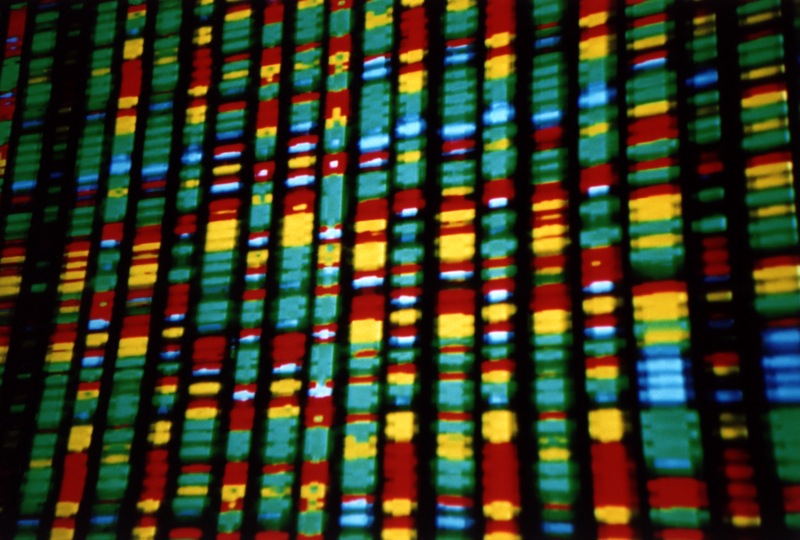Direct-to-consumer (DTC) genetic testing (through companies such as Family Tree DNA, My Heritage, 23andMe, and ancestry.com) has an “alarmingly high” 40% false-positive rate, according to new research. That means that when people are told through DTC results that they have a significant risk for deadly diseases such as cancer, almost half the time they actually do not have such a risk.
Led by Stephany Tandy-Connor at the Ambry Genetics Lab, the study was published in the Nature journal Genetics in Medicine. They write that now that 23andMe has received FDA authorization to market their test for genetic risk factors for 10 illnesses, it is important that consumers and medical professionals understand the limitations of DTC genetic testing.

The Ambry Genetics Lab specializes in testing for genetic risk factors for various diseases, including cancer, Parkinson’s disease, and celiac disease, among many others. Although certain genetic variations are found with increased frequency in people who have these illnesses, none have been shown to be causal, as environmental factors play a role in all of them. Nonetheless, the presence of certain genetic variants is evidence of significant risk of developing certain conditions.
The researchers tested 49 people who had been referred to the Ambry Genetics Lab after receiving DTC results that indicated a high risk of serious illness. The researchers discovered that the results were inconsistent with their own. 40% of the findings were false positives—the DTC results had identified a problem where none existed. Additionally, the DTC tests did not examine all the potential risk factors, so there was also a possibility of false negatives—missing important genetic variations associated with risk.
According to the researchers, “None of the genes associated with these conditions are comprehensively sequenced or analyzed in DTC tests, nor do the tests include all of the genes that have been associated with these conditions […] Therefore, the consumer is not provided with a comprehensive genetic risk assessment.”
There were several reasons for the mistakes made on DTC tests. For instance, multiple genetic variations with unknown risk or that have been identified as benign or common variations have been interpreted as “pathogenic” on DTC tests. Additionally, the DTC tests are less thorough, whereas clinical tests are careful to verify that their findings are not false positives.
The researchers write that “Both false-positive results and misclassification of variants can result in significant implications for an individual, including unnecessary stress, medical procedures (e.g., surgery, frequent screenings), and testing of family members. All of these factors have the potential to result in an unwarranted financial burden on individuals and the health-care system overall.”
They advise that DTC companies be mandated to share their raw data so that further clinical tests can verify their results. They also advise that consumers and medical professionals be made aware of the significant limitations of DTC genetic testing. The researchers fear that consumers are being led into unnecessary medical procedures and testing, as well as the frightening belief that they have dangerous illnesses. Doctors must be made aware of the limitations of DTC testing in order to ensure that they confirm any such findings before initiating further procedures.
****
Tandy-Connor, S., Guiltinan, J., Krempely, K., LaDuca, H., Reineke, P., Gutierrez, S. . . . Davis, B. T. (2018). False-positive results released by direct-to-consumer genetic tests highlight the importance of clinical confirmation testing for appropriate patient care. Genetics in Medicine, doi:10.1038/gim.2018.38 (Link)















One day they will be able to make a image of you naked , from your DNA. What will people do then? LOL
Report comment
Back when I was in the system, doctors used to tell me, “So if you are an Ashkenazi Jew then you must have all those inherited diseases too. I see.” I heard that many times. People hold many false beliefs about genetics and genetic testing. I think a lot of it is wishful thinking.
Report comment